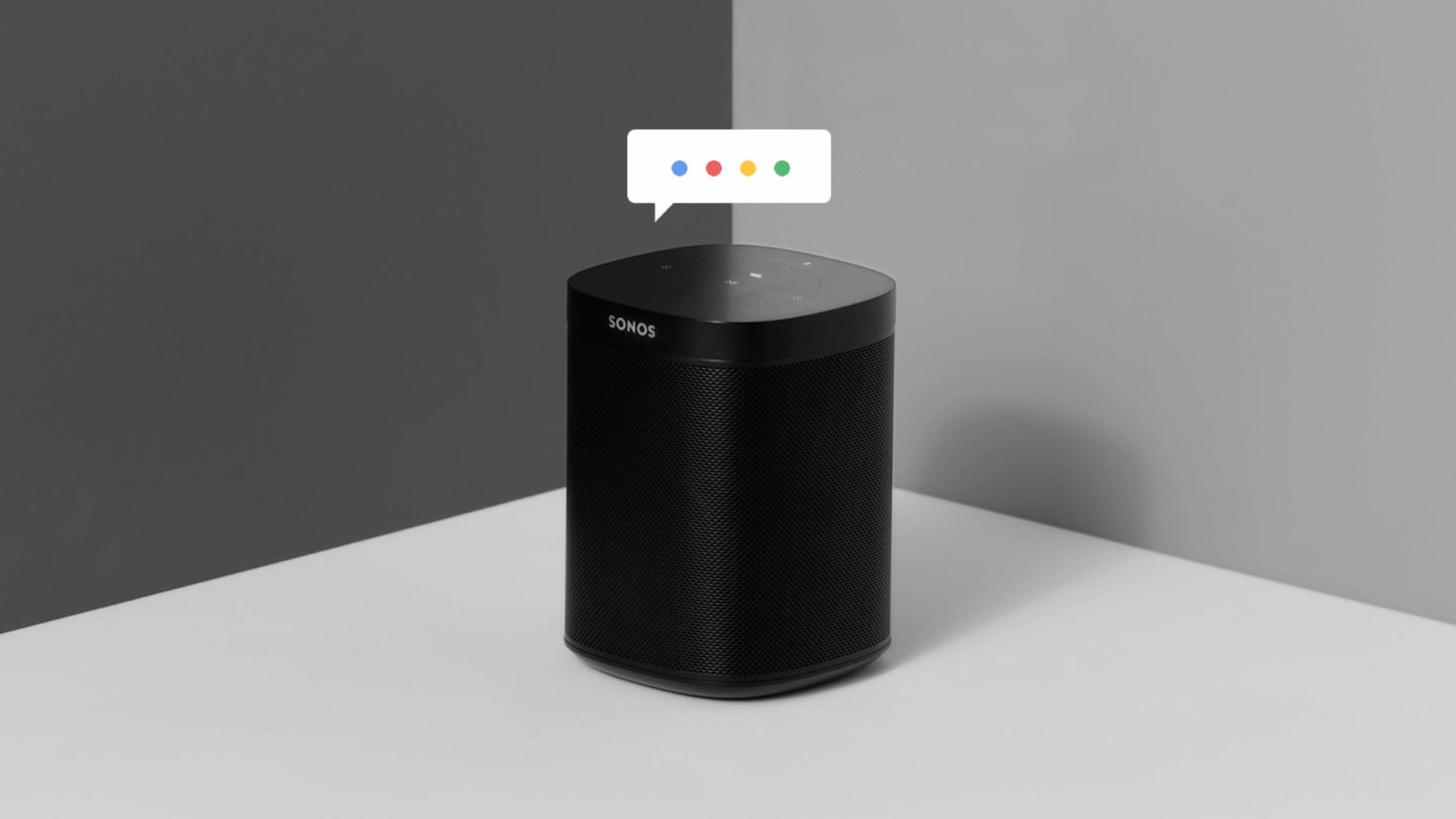Affiliate links on Android Authority may earn us a commission. Learn more.
Sonos v. Google looks bruising, and more tech you need to know today
January 8, 2020

Your tech digest, by way of the DGiT Daily newsletter, for Wednesday, January 8. We’re getting there.
1. Sonos v. Google: ouch

Sonos is sounding off, claiming Google and Amazon stole it speaker tech, and is suing Google, noting it can really only afford to sue either Google or Amazon, not both. And it chose Google. Twice – suing Google in two federal courts for infringing its patents.
- In short, The New York Times broke the news that Sonos filed two lawsuits covering five patents on its wireless speaker design.
- Read the Sonos v. Google lawsuit here (note the word Amazon isn’t used at all).
- Separately, in a complaint to the International Trade Commission (ITC), Sonos is also seeking an outright sales ban on Google’s laptops, phones, and speakers in the US.
- Read that ITC complaint here.
Backstory:
I’m going to use more quotes than usual here, because of the narrative Sonos builds against Google:
- The Times piece explains how Sonos feels it walked into the mouth of a lion when collaborating with Google, without realizing its blunder:
- “For the project [with Google], Sonos handed over the effective blueprints to its speakers. It felt like a harmless move, Sonos executives said. Google was an internet company and didn’t make speakers. The executives now say they were naïve.”
- From the Sonos v. Google lawsuit, the claim is elaborated: “As early as 2013, Google gained knowledge of Sonos’s patented multi-room technology through a partnership with Sonos to integrate Google Play Music into the Sonos platform. However, just two years later in 2015, Google began willfully infringing Sonos’s patents when it launched its first wireless multi-room audio product – Chromecast Audio.
- “Since 2015, Google’s misappropriation of Sonos’s patented technology has only proliferated … worse still, Google has persisted despite the fact that Sonos has warned Google of its infringement on at least four separate occasions dating back to 2016.”
- In short, Sonos isn’t just noting the claimed infringement of its patents, but also that the likes of Google have flooded the market with cheap speakers, despite being warned.
- And from The Times again: “Sonos sued Google over only five patents, but said it believed Google and Amazon had each violated roughly 100. Sonos did not say how much it sought in damages.”
Sound up:
- Sonos CEO Patrick Spence said: “Google has been blatantly and knowingly copying our patented technology. Despite our repeated and extensive efforts over the last few years, Google has not shown any willingness to work with us on a mutually beneficial solution. We’re left with no choice but to litigate.”
- Google spokesperson Jose Castaneda: “Over the years, we have had numerous ongoing conversations with Sonos about both companies’ IP rights and we are disappointed that Sonos brought these lawsuits instead of continuing negotiations in good faith. We dispute these claims and will defend them vigorously.“
- A spokeswoman for Amazon, Natalie Hereth, said the company did not infringe on Sonos’s technology: “The Echo family of devices and our multiroom music technology were developed independently by Amazon.”
Billion vs trillion:
- Sonos is a listed company (NASDAQ: SONO).
- Its market cap is $1.7B.
- Google’s parent Alphabet, valued at closer to a trillion dollars might, uh, just consider buying out Sonos and making this all go away?
- Sonos did win a lawsuit (Sonos v. Denon) for three out of four of its “foundational” patents, in recent years.
- In any case, the problem is that even billion-dollar companies like Sonos can, if the case is to be believed, get pushed around by the likes of Google and Amazon.
2. The OnePlus Concept One vanishing trick is out in the wild (Android Authority). As we previewed, the electrochromic glass hides the camera lenses, but the additional detail is that with fine control, this also acts as a variable neutral density (ND) filter to the camera, which the photography people I know say is good, because it gives optical control over the volume of light that passes through to a sensor. Interesting.
3. Google Assistant now has over 500 million monthly active users, and Google is adding more features around privacy and reading long-form content (Android Authority). (Android Authority).
4. The best new wearables we could find at CES 2020 (Android Authority).
5. Wi-Fi took some huge steps forward at CES 2020 (CNET).
6. Inside Intel’s Ghost Canyon NUC, the very small modular desktop PC. But wait you say, all PCs are modular! Yes, but this one is fully swappable, with CPU cartridges. Razer has one built on the Intel platform called Next Unit of Computing (NUC), and Cooler Master says it’ll have one too, and it looks like a real winner (The Verge).
7. Facebook executive: we got Trump elected, but we shouldn’t stop him in 2020 (The Verge).
8. Alienware’s latest gaming PC looks like a Nintendo Switch (The Verge).
9. Delta’s ‘parallel reality’ display for multiple people sounds like sci-fi, but is actually coming soon (Fast Company).
10. Samsung uses strikingly similar images to Apple’s Face ID and Touch ID icons in its CES keynote — but it’s possible Apple gave Samsung permission, too (Business Insider).
11. DFree is making an emergency alert system for your colon (Engadget).
12. “Are viruses like colds and flu different depending on where you are?” (r/askscience). (Yes!)
DGiT Daily: Your tech resource
The DGiT Daily delivers a daily email that keeps you ahead of the curve for all tech news, opinions, and links to what’s going down in the planet’s most important field. You get all the context and insight you need, and all with a touch of fun, and the daily fun element that you otherwise miss.
Thank you for being part of our community. Read our Comment Policy before posting.